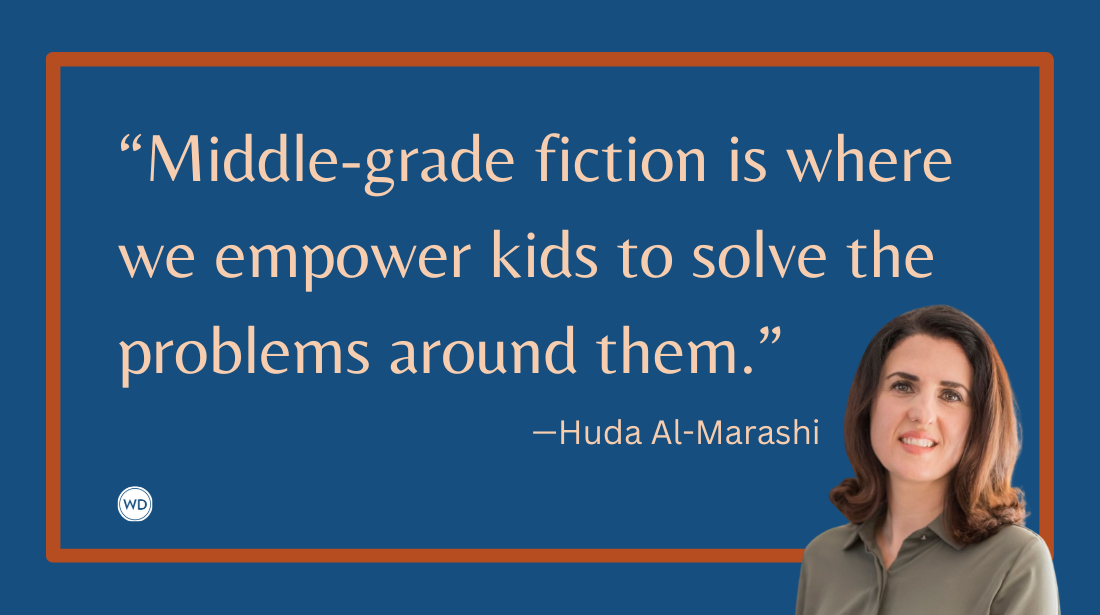Romance Novels Make a Difference
Bestselling author and doctor Susie Tate discusses how romance novels tackle difficult subjects and make a difference in the lives of readers.
Writing romance has been an absolute joy for me over the last 10 years. As the popularity of my books grew, what started as a hobby and a fantastic escape has now evolved into a career. I have been endlessly grateful to my readers, as not only do I love writing, but this new career has enabled me to be at home for my husband and our boys after he was diagnosed with Motor Neurone Disease (ALS). The romance community, readers and authors alike, is so special, and I feel lucky to be a part of it.
I really enjoy the process of creating feel-good, addictive stories that deliver the emotion and escapism my readers crave, but my books, like so many others in the genre, also tackle real and raw themes that resonate with people on a deeper level. In my writing, many of these themes are inspired by my experiences working as a doctor for the last 20 years. I worked in a range of hospital specialities before becoming a GP, during which time I looked after a women’s refuge for victims of domestic violence, as well as being child safeguarding lead for my practice.
The characters in my books often face very real social, psychological, and physical issues. Many of my readers facing similar challenges comment in the reviews, post on social media, or contact me directly about how those characters and their struggles have resonated with them, and this is by far the best aspect of reaching so many people with my books. I think it’s wonderful when fiction can entertain, provide escapism, and also maybe make people feel seen or shine a light on very difficult problems they have or have had themselves.
For example, the challenges faced by women escaping domestic violence are huge, not only logistical but also psychological and physical. In my book Unperfect, although Mia does, of course, find her own happy ever after, I don’t gloss over how hard her recovery and difficulties were.
Being a GP is all about people, and so is writing romance books. I would say that one of the most common problems I encountered in medicine was loneliness. Social isolation and loneliness can increase a person’s risk for heart disease, stroke, type 2 diabetes, depression and anxiety, dementia, and early death. It’s a huge problem in modern society, and the reason that so many of my books feature the theme of found family, where the main character not only finds love but also acceptance within a wider community.
In my latest book, Outlier, the main character, Vicky, is beautiful, very successful in her career, and from an aristocratic family. On the surface, she appears to have everything she needs. However, Vicky is unbearably lonely. She is autistic but was only diagnosed as an adult and struggles socially. Her bluntness and aversion to physical touch can make her seem cold and unfeeling, but the reality is the complete opposite. Vicky feels very deeply, and when the people around her take the time to see beyond the surface, they are rewarded with a kind, wonderful person who has a unique and fresh perspective on everything, which only enriches their lives. As with many of my characters, I wanted to show that being different is not a bad thing and that if society accepts people with alternative outlooks like Vicky, everyone benefits.
I am by no means the only romance author tackling issues like these in my books. Romance is a wonderful genre focused on human interaction, which, to me, is the most fascinating subject out there. I sometimes find that people are dismissive of romance books, but almost always they are not romance readers themselves. Romance is a great way to entertain with heartfelt stories that often have thought-provoking narratives which explore the complexities of real-life relationships and societal challenges. Many of these books tackle issues like mental health awareness, neurodiversity, LGBTQ+ representation, discrimination, and loneliness. Reading romance and fiction in general has been shown in numerous studies to improve empathy, which can foster a more compassionate approach to life and inclusivity.
Romance is a fast-moving genre, often the first to tackle new, emerging issues head-on. At its heart, it’s about beautiful stories that transport readers from their daily lives by combining deep, impactful stories with hopeful, happy endings.
Check out Susie Tate's Outlier here:
(WD uses affiliate links)









